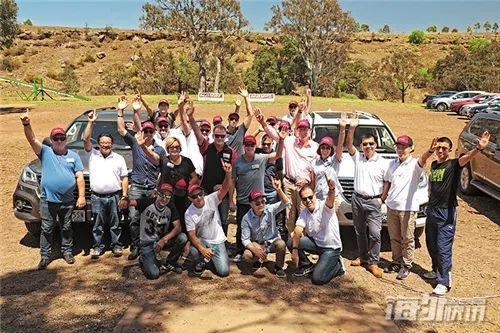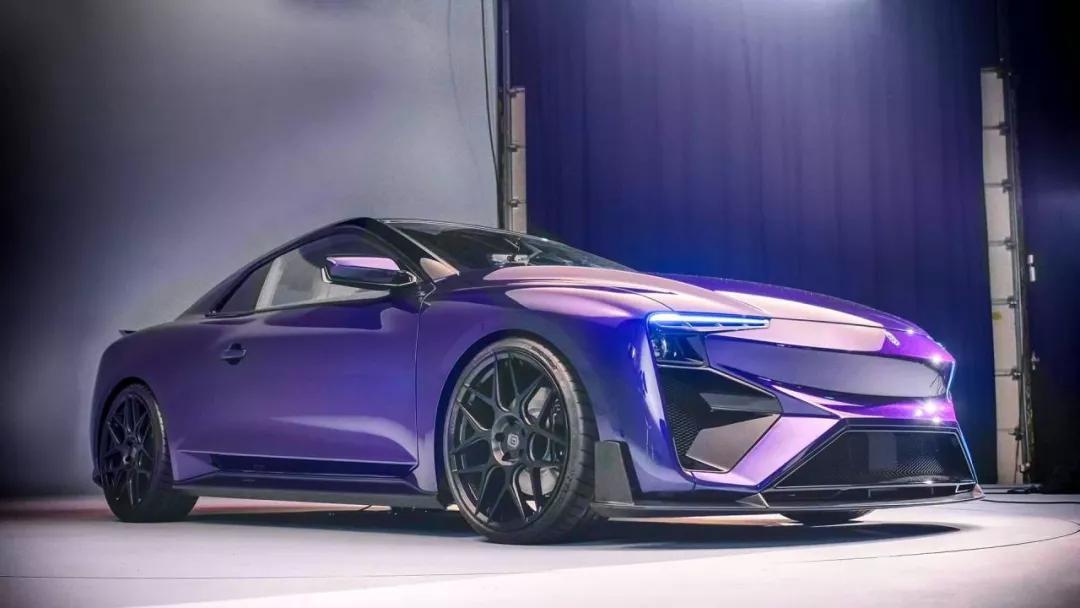Title: Understanding Autonomous Vehicle Brands and Their Acronyms
Title: 解析自主车辆品牌及其缩略语Autonomous driving technology has been rapidly evolving in recent years, and a variety of brands have emerged to cater to different needs and preferences. In this article, we will explore some of the most prominent autonomous vehicle brands and their corresponding acronyms.Firstly, Tesla is one of the most well-known brands in the autonomous driving space, with its Model S being equipped with advanced autopilot features. Another notable brand is Waymo, which is currently testing self-driving taxis in Arizona. Uber, on the other hand, has invested heavily in autonomous vehicle technology and aims to launch fully self-driving vehicles by 2025.In addition to these major players, there are also smaller companies such as Aptiv and Mobileye that specialize in developing various components for autonomous vehicles. These companies often work together or compete with each other in the industry.It is important to note that while some of these brands may offer fully autonomous vehicles, others may only provide partial or limited automation features. Therefore, when considering an autonomous vehicle, it is crucial to research the specific model's capabilities and features to ensure it meets your needs and expectations.
In recent years, the automotive industry has seen a tremendous surge in innovation, particularly in the field of autonomous vehicles (AVs). With numerous companies entering the market and developing cutting-edge technologies, it can be challenging for consumers to keep track of the various brands and their acronyms. This article aims to provide an in-depth understanding of autonomous vehicle brands and their corresponding English abbreviations, allowing readers to make informed decisions when considering purchasing an AV.
1、Tesla, Inc. (TSLA)
Tesla is one of the most well-known names in the autonomous vehicle industry. Established in 2003 by Elon Musk, Tesla began as a pioneer in the production of electric cars. However, the company's ambitions extend far beyond traditional gasoline-powered vehicles, as it has set its sights on developing fully self-driving cars. In 2014, Tesla released its first autopilot system, which allows for semi-autonomous driving capabilities on the highway. The following year, Tesla unveiled its full self-driving package, complete with advanced sensors, cameras, and software that allow the car to navigate roads without human intervention. Today, Tesla remains at the forefront of the autonomous vehicle revolution, with several models featuring advanced Autopilot systems and plans to introduce fully autonomous cars in the future.
2、Waymo, LLC (WMT)

Waymo is another major player in the autonomous vehicle industry, though it operates differently from Tesla. Founded in 2009 by Google co-founders Larry Page and Sergey Brin, Waymo started out as a research project focused on developing self-driving technology. In 2016, Waymo received approval from the State of Nevada to test autonomous cars on public roads, marking a significant milestone in the company's history. In 2020, Waymo entered into a partnership with Uber to develop a fleet of autonomous taxis for use in the United States. Although not yet widely available, Waymo's self-driving technology has garnered significant attention from both consumers and industry experts alike.
3、Cruise, Inc. (CD)
Cruise is a relatively new player in the autonomous vehicle industry, but it has already made significant strides in its mission to revolutionize transportation. Founded in 2013 by John Krafcik, Cruise focuses on building autonomous driving systems for commercial use cases such as ride-hailing services and long-haul trucking. In 2016, Cruise partnered with General Motors (GM) to form Cruise Automation, a subsidiary dedicated to developing self-driving technology for passenger cars. In 2018, Cruise announced that it had raised $2 billion from investors, including GM and Ford Motors, signaling growing interest in the company's vision for a safer and more efficient future of transportation.
4、Argo AI, Inc. (GOEV)

Argo AI is a startup specializing in autonomous driving technology founded by two former executives from Google's self-driving car project. Argo AI's primary focus is on developing software for connected vehicles, including features such as over-the-air updates and real-time monitoring of road conditions. In 2020, Argo AI partnered with Volvo to develop a fleet of self-driving trucks that will operate within California's Central Valley Expressway System. While still in the early stages of development, Argo AI's technology has shown promise in terms of its ability to adapt to changing road conditions and communicate with other vehicles on the road.
5、Aurora Innovation Corporation (AUR)
Aurora is a Canadian company focused on developing self-driving technology for heavy-duty trucks and buses. Founded in 2013 by Dennis R. Ullman and Brett AdMobil, Aurora's goal is to create a safer and more efficient transportation system through the use of autonomous vehicles. In 2017, Aurora completed its first public trial of a self-driving truck on public roads in Canada, marking a major milestone in the company's history. Today, Aurora operates a fleet of autonomous trucks in Canada, with plans to expand to North America and Europe in the coming years.
6、Mobileye Vision Technologies (MVT)

Mobileye is an Israeli-based company that specializes in developing vision-based autonomous driving systems for use in passenger cars and trucks. Founded in 1999 by Amnon Shashua and David Ziv, Mobileye has developed a range of products designed to enhance safety and convenience on the road. Most notably, Mobileye's EyeQ platform integrates cameras and radar sensors into vehicle dashboards to provide drivers with real-time information about road conditions and potential hazards. While not exclusively focused on autonomous driving, Mobileye's technology has played a crucial role in supporting efforts to develop self-driving cars by enabling vehicles to perceive and respond to their environment safely and efficiently.
Conclusion: As the world continues to move towards a more connected and automated future, the importance of autonomous driving technology cannot be overstated. From startups like Cruise and Argo AI to established players like Tesla and Waymo, companies around the globe are investing heavily in developing self-driving cars that have the potential to transform transportation as we know it. By understanding the various brands and their acronyms associated with autonomous vehicle technology, consumers can make informed decisions when considering whether or not to invest in these exciting innovations.
与本文知识相关的文章:



